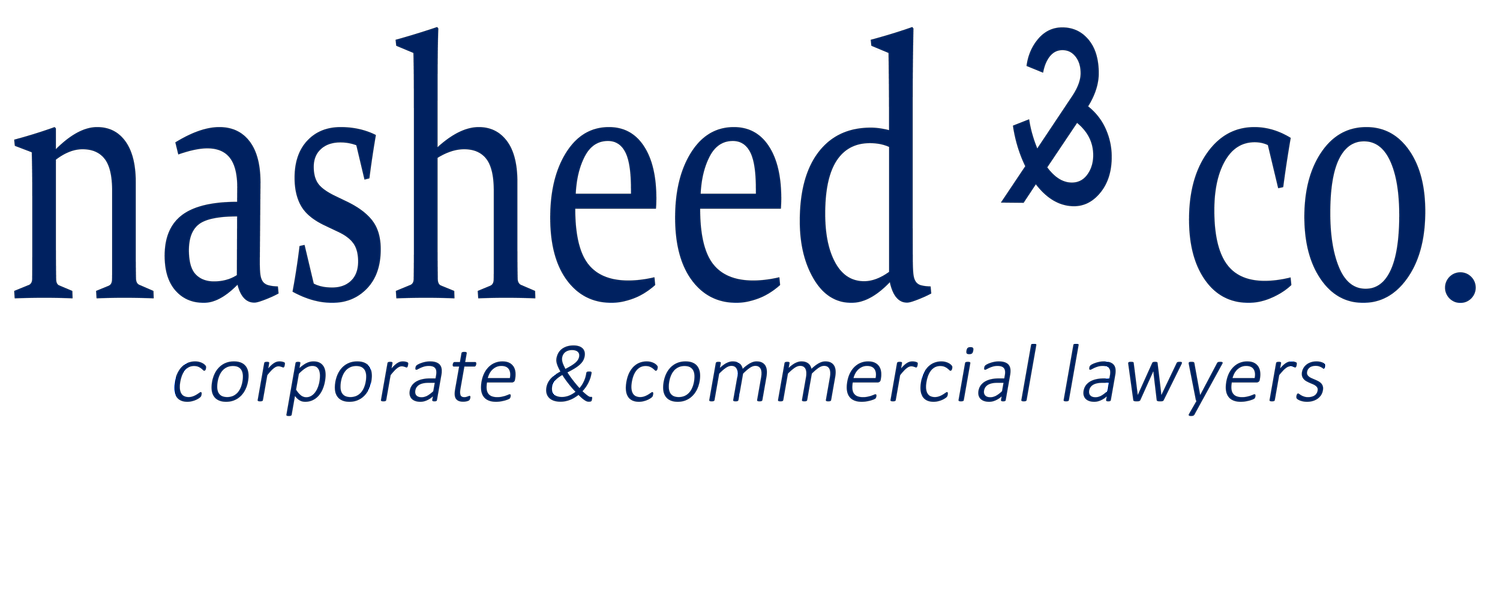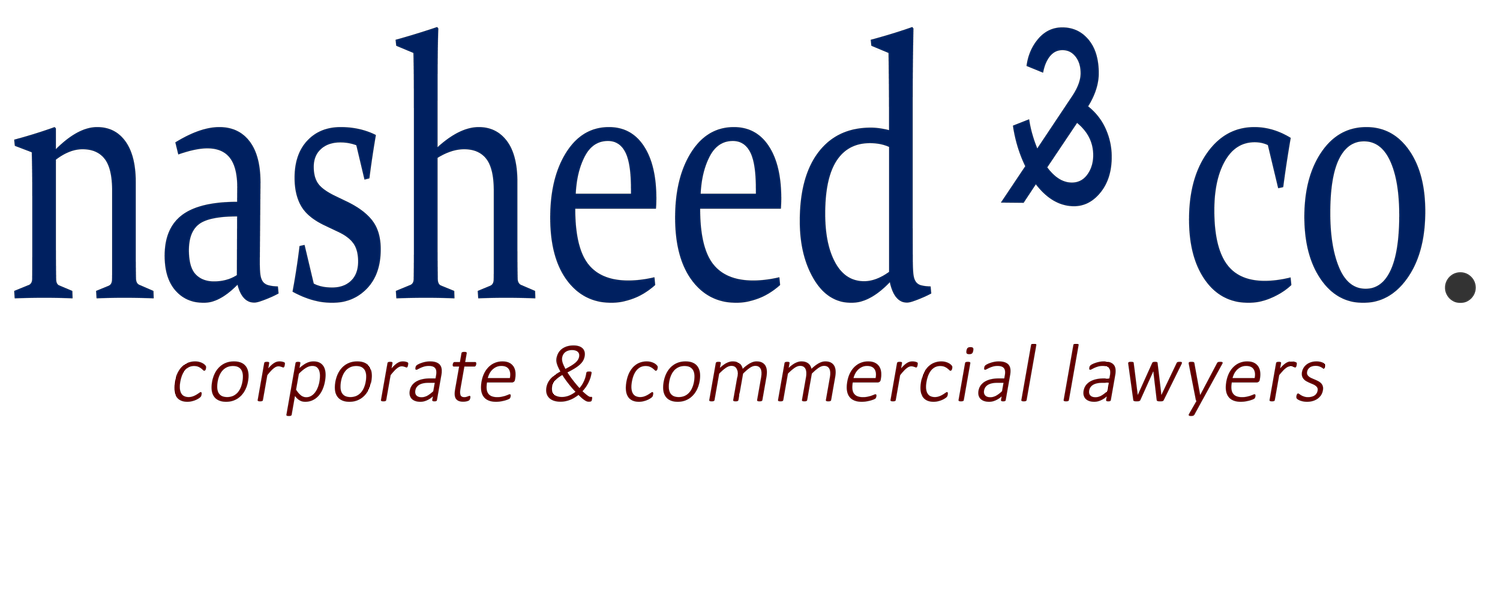M&A Deals in Maldivian Context
Mergers and Acquisitions or M&As may sound like a pretty sophisticated term for the Maldivian marketplace as the term is not so often used in the Maldivian business community or investor market. However, in actual fact, we continue to engage in various business strategies that qualify well within the term, just under a different set of phrases.We are quite familiar with share transfers, lease transfers and asset transfers. These transactions continue to occur in the Maldives on a regular basis. In contrast however, we seldom see mergers happening in the Maldives.What then is an M&A transaction? In simpler terms. M&A refers to the sale or purchase of a business. There are three popular ways to carry out such a sale:(i) stock sale: sale of shares or equity interest only;(ii) asset sale: sale of the asset or property only; or(iii) merge two different businesses into one.While mergers remain uncommon in the Maldives, stock sale and asset sale are a pretty regular feature in our commercial landscape.What are the main differences between a stock sale and an asset sale?In a stock sale, the seller simply sells the shares or equity interests in the company and keeps the entire company, its property, contracts, businesses and suppliers and other relationships as they are undisrupted and untouched. Nothing happens to the company. Whatever happens, happens in the background. The owners change. Shares and ownership interests get transferred to new owners. No ripples are felt.While In an asset sale, the asset to be sold is market out from the business and transferred to the buyer. The company, its shares, other properties, and contracts belonging to the company remain as they are, and only a single identifiable asset is sold and transferred. This is true even in the scenario where the company holds a single asset and that asset is sold. The company, its shares, its ownership, other properties and contracts all remain as they are and the asset is divested.Additionally, there are advantages and disadvantages in each of the methods. There can be tax and liability implications in each of these routes. One reason why buyers prefer asset sale to stock sale may be because they like to disassociate from any existing or contingent liability that may be associated with the business or its shares and they prefer to take over an asset free from any debt, liability or encumbrance. One reason why sellers may not want to sell the property or assets but advocate a stock sale may be because they want to keep the transaction tax efficient as possible.


